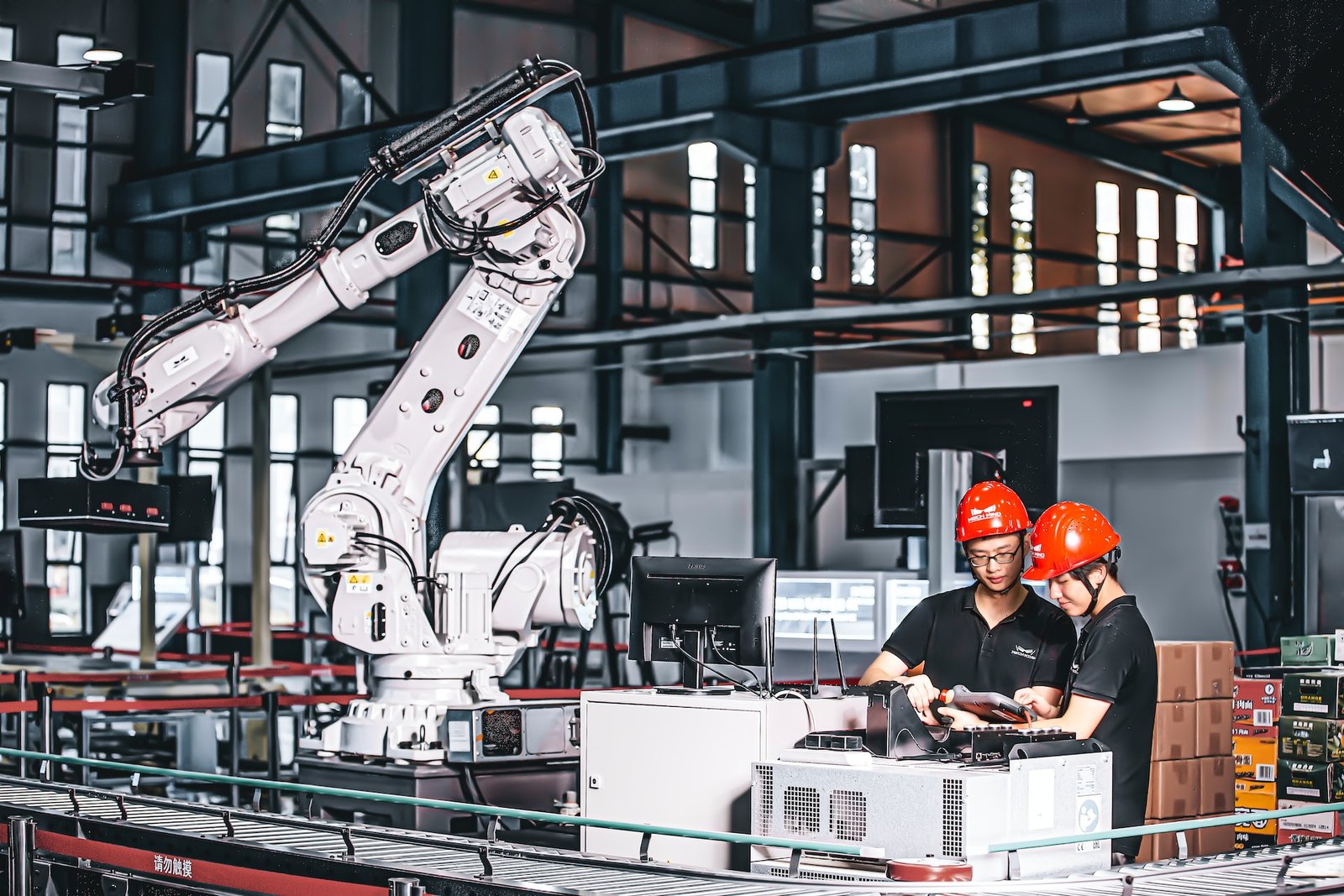Custom fabrication is used in various industries, including aerospace, automotive, electronics, construction, and consumer product creation. It offers several benefits, making it a great alternative to traditional mass production methods.
In addition, it allows manufacturers to create durable products that last longer than stock items, making them a perfect fit for corrosive environments.
Contents
Flexibility
Various industries, including medical devices and electronics, benefit significantly from implementing flexible manufacturing systems. These systems enable businesses to move materials and equipment around the factory floor, reducing wasted space.
In addition to flexibility, these systems can help companies improve quality control by reducing the likelihood of defective products or unexpected issues arising during production. This can help companies increase their overall productivity, ultimately increasing profits.
Speed
Speed is one of the essential things a manufacturing business needs to focus on. It can significantly impact customer satisfaction, efficiency, and profitability.
It also helps to protect a business against sudden demand spikes. This way, it won’t lose revenue because it can’t meet the demands of its customers.
Efficiency
Efficiency is vital to your business, whether a large manufacturer or a small shop. It can save you money, reduce production waste and maximize employee productivity.
The right balance between productivity and efficiency can help your factory achieve its goals and ensure high-quality products. It can also help you increase profits and market success.
Responsiveness
Responsiveness in the supply chain is essential for manufacturers to adapt quickly to customer demands. This includes accommodating changing sales volumes, shifting economic climates, and natural disasters.
Research in the L&SCM field has broadly conceptualized responsiveness and related concepts separately. This can hinder efforts to craft a foundational perspective.
Cost-effectiveness
The right tools and processes in custom fabrication to reduce costs are critical for manufacturing success. It ensures businesses are always on the right track to profitability and a sustainable business model.
One way to do this is to improve total cost measurement practices within the business. This will give management a more accurate picture of what drives costs to make more intelligent, more effective decisions about future investment and spending.
Reliability
The reliability of a product is the probability that it will perform satisfactorily for a given period under a set of specified use conditions. Reliability is an essential aspect of manufacturing and must be carefully considered.
Reliable manufacturing processes for stainless steel fabrication are crucial in meeting the needs of a growing global market. They improve product quality and reduce production losses.
Innovation
Innovation is vital in manufacturing, positively impacting everything from productivity to profitability. It also increases the overall quality of products and services.
Among the many technologies developing, 3D printing is a major one that’s expected to have a significant impact on custom fabrication. It enables businesses to create and build complex designs quickly.
Personalization
The ability to provide personalized products is an increasingly important factor in manufacturing. Studies have shown that customers are more willing to spend on a product they feel is unique and special.
As a result, manufacturers need to know who their end customers are to cater to their needs. Hyper-personalization can help manufacturers do this by enabling them to connect directly with their consumers.
Sustainability
Sustainable manufacturing is a growing trend that is benefiting businesses of all types. It promotes business growth and increases revenue while reducing energy use, waste management, and transportation costs.
As the demand for green products and processes grow, sustainability redefines manufacturing faster than ever. Choosing to embrace sustainability is one of the best investments any manufacturer can make for their long-term future and the health of our planet.
Sustainability
The increasing eco-consciousness of consumers and investors has created growing pressure on manufacturers to adopt sustainable practices. This includes reducing pollution, saving energy and time, and engaging in recycling and remanufacturing processes.
Sustainable manufacturing is not just a compliance exercise but a strategic business imperative. The benefits can be significant, including increased revenue and brand image, decreased risk, lowered costs, and improved visibility across the supply chain.



